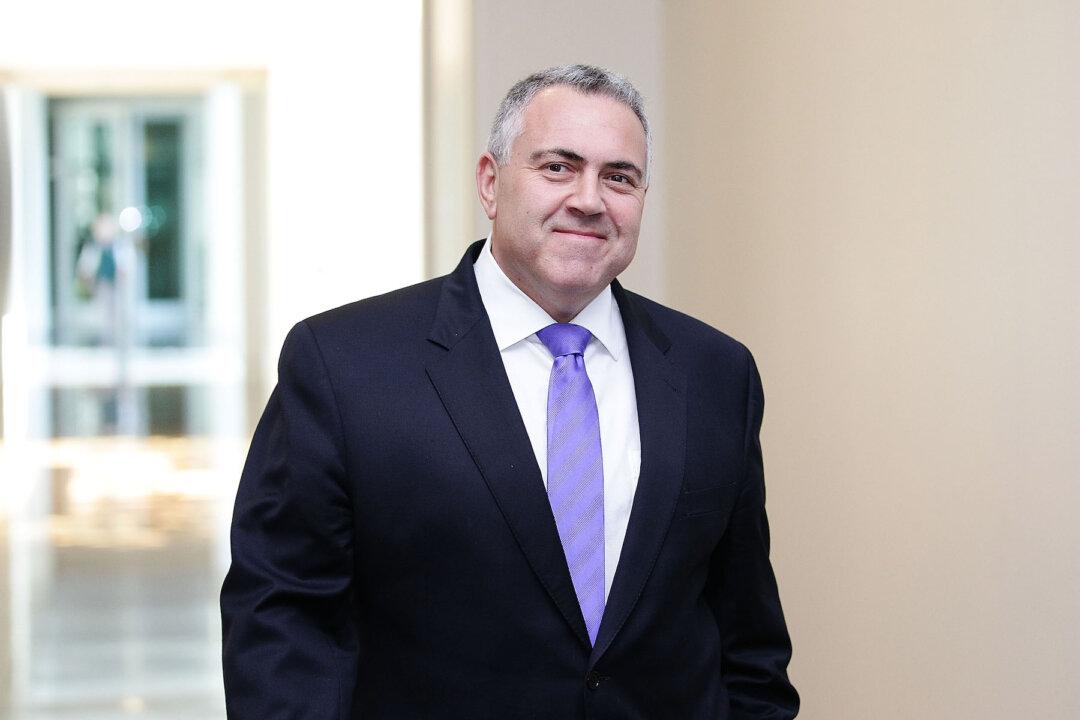Beijing has been warned if it tries to cut critical mineral exports to the United States, it will face a hostile reception.
Speaking at a private forum in Melbourne hosted by Hamilton Wealth Partners, former Australian ambassador to the U.S. and former federal treasurer, Joe Hockey, said that there had been discussions in the U.S. that there was a potential next year for Beijing to cut back the supply of critical minerals to the west, The Australian newspaper reported.




